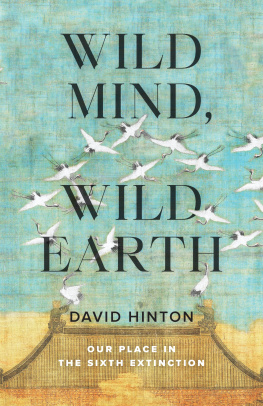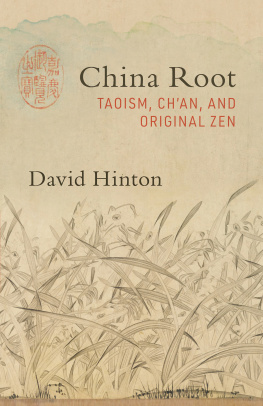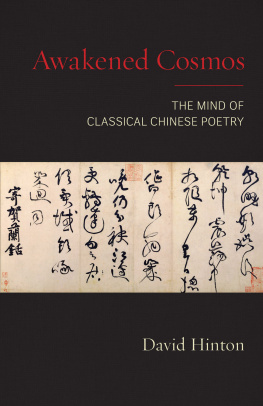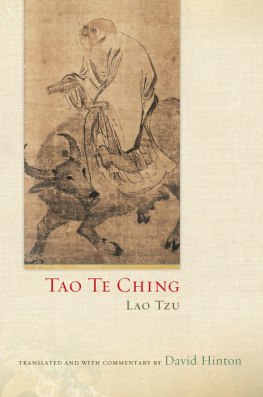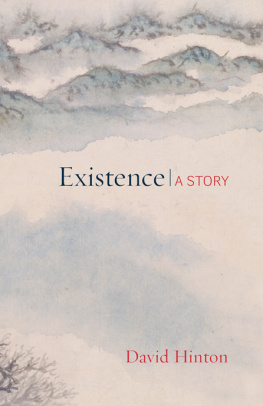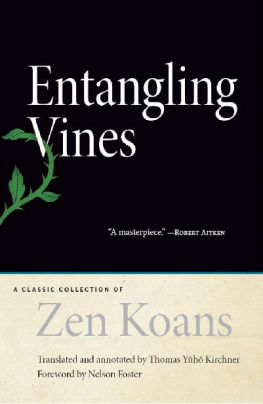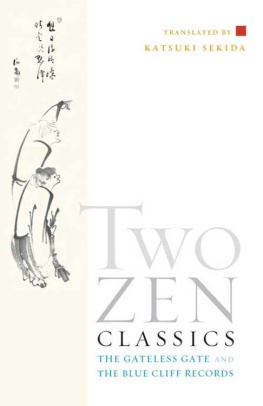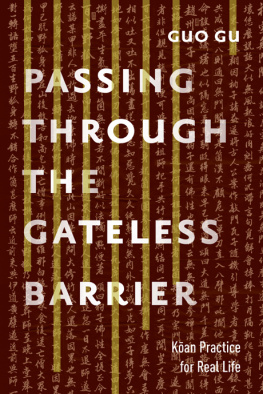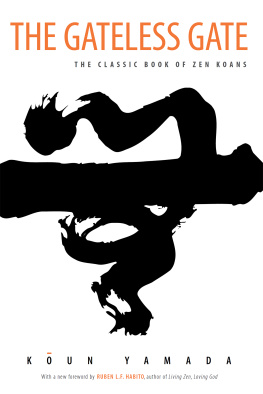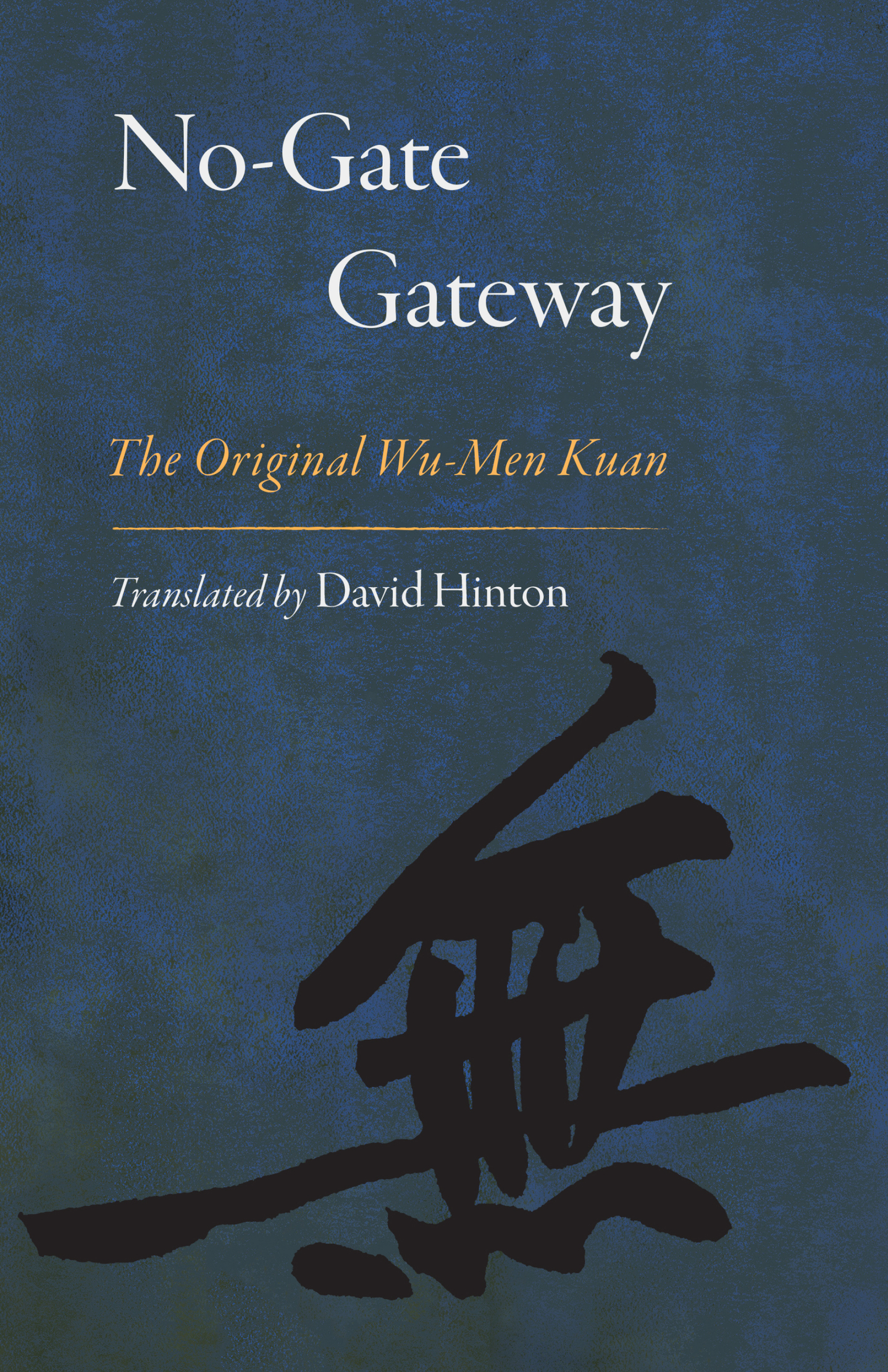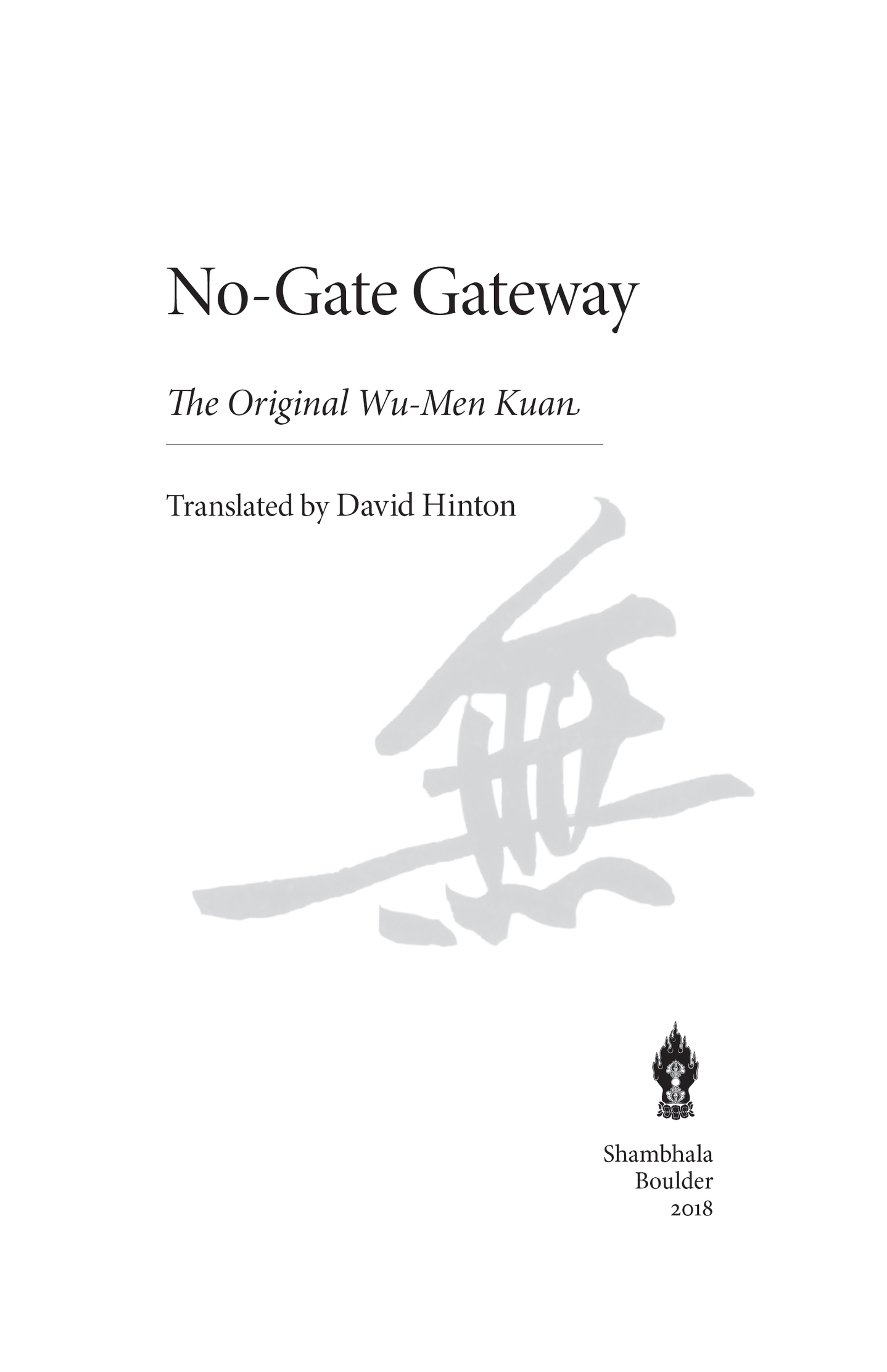Contents
B OOKS BY D AVID H INTON
Writing
Desert: Poems (2018)
The Wilds of Poetry (2017)
Existence: A Story (2016)
Hunger Mountain (2012)
Fossil Sky (2004)
Translation
I Ching: The Book of Change (2015)
The Late Poems of Wang An-shih (2015)
The Four Chinese Classics (2013)
Classical Chinese Poetry: An Anthology (2008)
The Selected Poems of Wang Wei (2006)
The Mountain Poems of Meng Hao-jan (2004)
Mountain Home: The Wilderness Poetry of Ancient China (2002)
Tao Te Ching (2002)
The Mountain Poems of Hsieh Ling-yn (2001)
The Selected Poems of Po Ch-i (1999)
The Analects (1998)
Mencius (1998)
Chuang Tzu: The Inner Chapters (1997)
The Late Poems of Meng Chiao (1996)
The Selected Poems of Li Po (1996)
The Selected Poems of Tao Chien (1993)
The Selected Poems of Tu Fu (1989)
Shambhala Publications, Inc.
4720 Walnut Street
Boulder, Colorado 80301
www.shambhala.com
2018 by David Hinton
All rights reserved. No part of this book may be reproduced in any form or by any means, electronic or mechanical, including photocopying, recording, or by any information storage and retrieval system, without permission in writing from the publisher.
eBook design adapted from printed book design by Gopa & Ted2, Inc.
Cover art: Detail from Poems Written at Huangzhou on the Cold Food Festival by Su Shi. National Palace Museum, Taipei
Library of Congress Cataloging-in-Publication Data
Names: Huikai, 11831260, author. | Hinton, David, 1954 translator.
Title: No-gate gateway: the original Wu-men kuan / translated by David Hinton.
Other titles: Wumen guan. English
Description: First edition. | Boulder, Colorado: Shambhala, 2018.
Identifiers: LCCN 2017023004 | ISBN 9781611804379 (paperback)
eISBN9780834841376
Subjects: LCSH: KoanEarly works to 1800. | BISAC: RELIGION / Buddhism / Zen (see also PHILOSOPHY / Zen). | PHILOSOPHY / Eastern.
Classification: LCC BQ9289 .H8413 2018 | DDC 294.3/443dc23
LC record available at https://lccn.loc.gov/2017023004
v5.2
a
C ONTENTS
I NTRODUCTION
S INCE ITS BEGINNINGS in fourth-century C.E. China, Chan (Japanese: Zen) Buddhism has produced a rich literary tradition. This is hardly surprising, since Chan monks were generally part of the artist-intellectual class: they were classically trained in the arts, and they associated broadly with artist-intellectuals who themselves generally practiced Chan in some form. The Chan monastery was a permeable intellectual center, allowing fluid movement in and out. Monks often visited artist-intellectuals, and those artist-intellectuals often visited monasteries to see friends, practice, and consult Chan masters. In addition, when traveling far from home, they often stopped at monasteries, which functioned as inns. These artist-intellectuals saw Chan not as a religion, but as a philosophical practice that cultivates profound insight into the empirical nature of consciousness and Cosmos, and their creative work was deeply influenced by Chan. In fact, poetry, calligraphy, and painting were broadly considered forms of Chan practice and teaching.
Chan monks also practiced these arts. They produced a large body of poetry, a literary form that was pervasive in the culture and also perfectly suited to the quick, deep insights of Chan. But the Chan tradition is carried primarily in prose works by and about Chan masters, records of their lives and teachings. These records are also typified by poetic distillation: enigmatic sayings and wild antics intended to upend reason and tease the mind past the limitations of logical thought (the reasons for this will become clear later). As such, they operate with poetic wildness and immediacy, rather than the usual explanatory or utilitarian use of language. Chan teachers began drawing especially revealing moments from these records, moments that distill the essential insights of Chan, and assigning them as puzzles for students to ponder. These scraps of poem and story came to be known as kung-an (, now widely known in its Japanese pronunciation: koan).
Kung-an means a court case, and more literally a public case. The term was adopted to the Chan situation because masters originally conducted kung-an training in public, when the entire monastic community was gathered together; because a kung-an is a factual situation that needs to be understood accurately, like a court case (although understanding here demands responding within the enigma, at a level that precedes thought and analysis); and finally, because each kung-an represents a kind of precedent to which practitioners can refer. Hence the translation adopted here: sangha-case (sangha meaning a Buddhist community). Eventually, these sangha-cases were gathered into collections used for teaching. No-Gate Gateway () is perhaps the most widely used of these collections, and it is one of the great masterpieces of Chinese literature.
The author of No-Gate Gateway is No-Gate Praj-Clear (Wu-men Hui-kai:), a quirky Chan master who lived from 1183 to 1260 C.E., during the Sung Dynasty. The Sung was a golden age for poetry and calligraphy, and it was the apex of landscape painting. In this rich cultural age, No-Gate received transmission and then wandered from temple to temple as a disheveled Chan master: hair and beard long and wild, clothes unkempt, always participating in menial chores and fieldwork. In spite of his humble wandering, he eventually became so widely known as a teacher that in 1246, at the age of sixty-four, he was asked by the emperor to found a new monastery near the capital. It was a large monastery, and No-Gate served as a busy abbot there for about a decade. He then retired to live out his final years at a small monastery in the mountains, where at the age of seventy-eight he followed the vanishing way of things (as death is described in one of the sangha-cases here).
Composed in 1228, during No-Gates years of wandering, No-Gate Gateway is usually described as a collection of forty-eight sangha-cases. But it is, in fact, a carefully constructed literary/philosophical text that uses the historical sangha-cases for its own ends. Each of its forty-eight chapters begins with a sangha-case drawn from those records of Chan masters, but No-Gate often reshapes and distills those original stories to create the most piercing poetic impact possible. Each chapter also contains No-Gates reflections on the sangha-case, consisting of a brief prose comment and a gatha (sutra-poem). These reflections are themselves like sangha-cases and are generally no less profound than the sangha-case itself.
Most notably, perhaps, No-Gate continually criticizes and ridicules the masters, undermining their teaching. He acknowledges their mastery and insight, chooses a tale that illustrates that insight at the deepest possible level, and right there hes created the perfect place to dismantle their teaching, thereby redoubling the original sangha-cases deconstruction of logical thought and explanation. This is the essential methodology of the book: to complicate and deepen the disorientation, to add this second intensifying layer to the sangha-case strategy of seeing through thought and explanation. It is a distinctive literary form, combining zany storytelling with poetry and philosophical prose, the separate elements of each chapter resonating with one another in revealing ways. This main body of the book is framed by a Foreword and Afterword in which No-Gate establishes the philosophical framework through which readers can most deeply approach the sangha-cases themselves.


